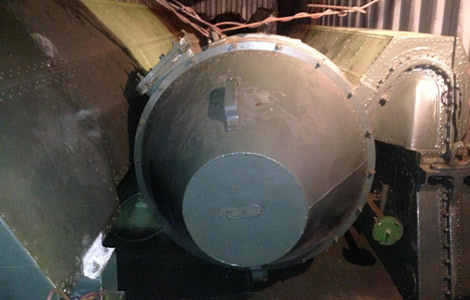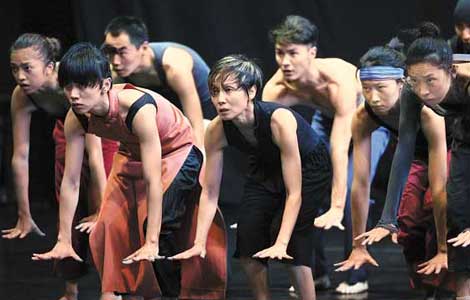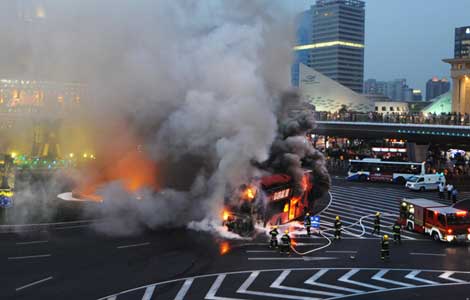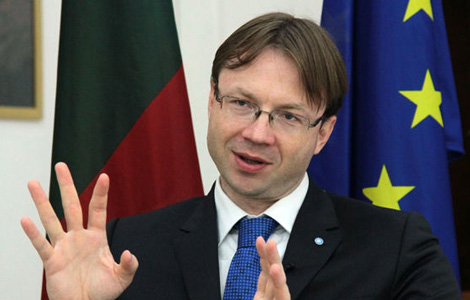CPC's 'mass line' campaign not a short-term movement
Updated: 2013-07-17 14:42
(Xinhua)
|
||||||||
BEIJING - Experts said the "mass line" education campaign recently launched by the Communist Party of China (CPC) will not be a short-term movement, but a long-term effort to strengthen ties between the Party and the people.
On June 18, the Political Bureau of CPC Central Committee held a meeting concerning the campaign, saying that it will act as a "thorough cleanup" of undesirable work styles such as formalism, bureaucratism, hedonism and extravagance.
"Mass line" refers to a guideline under which CPC officials and members are required to prioritize the interests of the people and persist in exercising power for them.
Gao Xinmin, a professor with the Party School of the CPC Central Committee, said the campaign will help build systems and mechanisms to strengthen ties between CPC members and the people, as well as promote the transfer of the government's functions and work style.
The CPC has initiated multiple movements throughout its history in order to aid in the implementation of new policies.
However, such methodology has been seen as old-fashioned and not compatible with contemporary society. In addition, such movements typically lasted for only a limited time, resulting in some problems re-emerging after the movements concluded.
The CPC is facing a more complicated situation in maintaining ties with the public, as rapid economic and social development has resulted in conflicts between different social groups.
"Therefore, the CPC needs to build systems and mechanisms to encourage its members to interact with the public and guarantee its mass line principle," Gao said.
From June 22 to 25, the Political Bureau of CPC Central Committee held a special meeting regarding the campaign, saying that a number of long-term mechanisms will be established, including an improved performance evaluation system for officials and deepened reforms intended to contain bad practices.
Since the 18th National Congress of the CPC held in November last year, the Party has issued several regulations and measures to cut spending and prevent corruption.
Gao said building a long-term mechanism for carrying out the mass line and rule of law should be stressed. In the meantime, intra-Party and public supervision are needed, he said.
The Party's anti-graft efforts have been enhanced in recent days, as a number of vice ministerial-level officials are under investigation for suspected corruption.
After China's former railway minister Liu Zhijun was sentenced to death with a two-year reprieve on Monday, CPC flagship newspaper People's Daily issued a commentary stating that the case shows not only the government's dedication to eliminating corruption, but also its dedication to the spirit of the rule of law.
The State Council, or China's cabinet, on Wednesday issued a timetable for disclosing government spending on receptions, vehicles and overseas trips, as well as information on investigations into major accidents.
Zhang Rongchen, another professor at the Party School of the CPC Central Committee, said addressing issues that the public cares about the most, as well as creating systems that can enhance contact with the public, are needed.
Most Viewed
Editor's Picks

|

|

|

|

|

|
Today's Top News
US attorney general questions gun law
China's US T-bill holdings hit record in May
iPhone death probed by Apple
Spring agency flourishes with travelers to US
Chinese textile industry aims for 'green'
GM's sales up 4% on strong US, China demand
New visa law offers lifeline to foreigners
Asiana passengers sue Boeing
US Weekly

|

|













